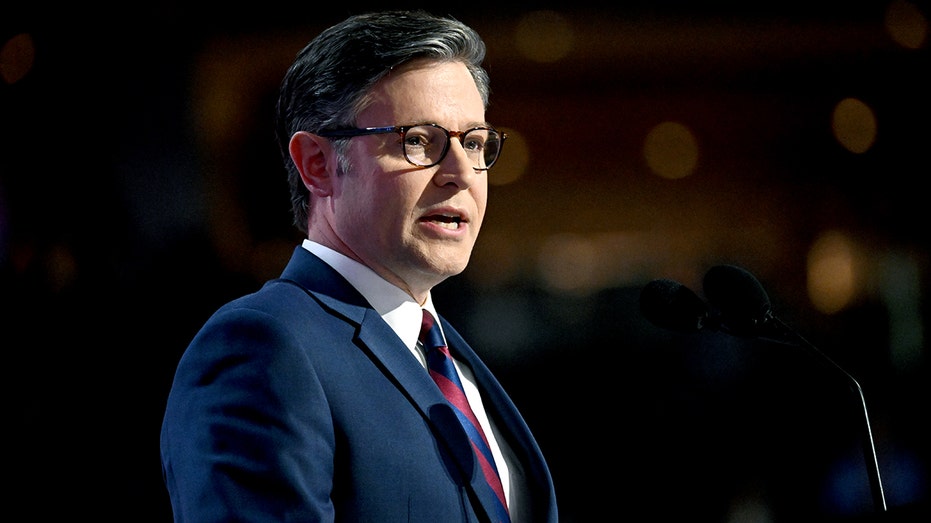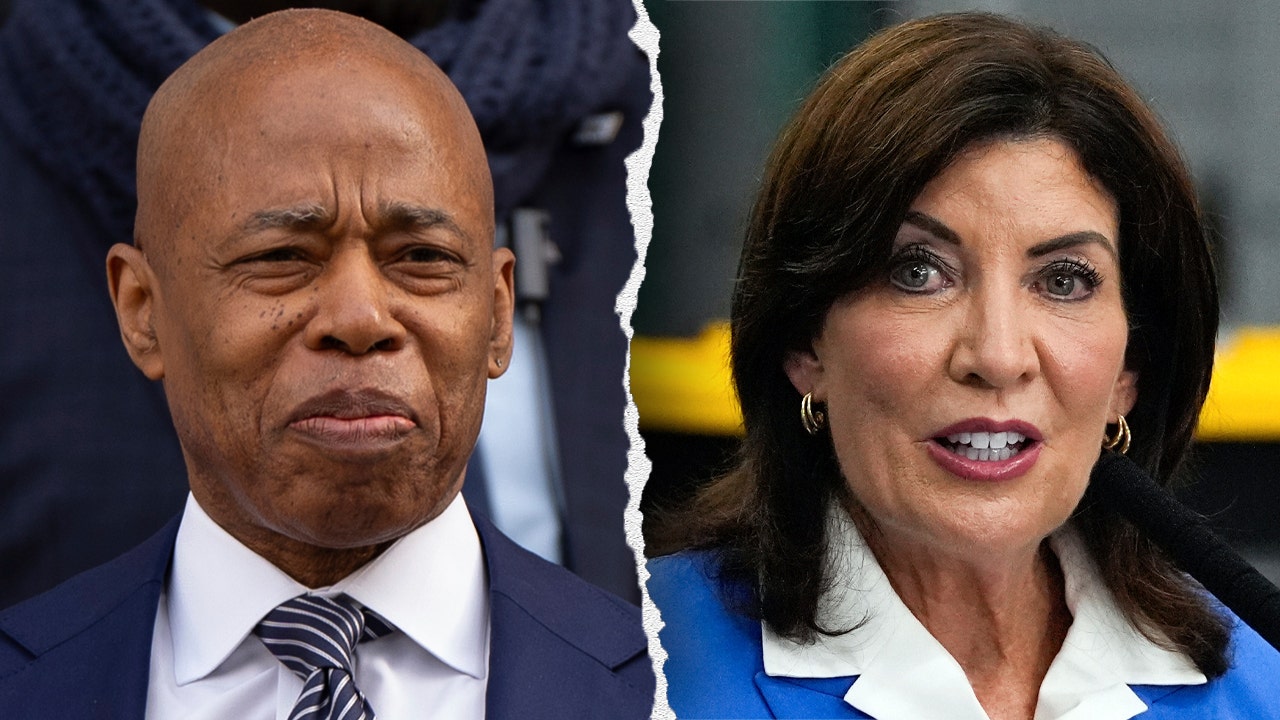The Senate pressed on with its effort to pass a key President Donald Trump agenda item before the Republicans in the House of Representatives get a chance to do it their way.
Republicans advanced a budget resolution in a 50-47 vote to tackle part of Trump’s goals on Tuesday night after moving it through the all-important budget committee last week.
“It’s time to act on the decisive mandate the American people gave to President Trump in November. Securing the border, rebuilding our defense, and unleashing American energy. That starts this week with passing Chairman [Sen. Lindsey Graham’s] budget. Let’s get it done,” Senate Majority Leader John Thune, R-S.D., wrote in a post on X ahead of the vote.
MCCONNELL’S MENTAL ACUITY TARGETED BY TRUMP AFTER EX-SENATE LEADER JOINS DEMS AGAINST CABINET NOMINEES
The progress on the Senate GOP’s preferred two-pronged budget reconciliation approach adds fuel to the growing dispute between the upper and lower chambers on how to proceed. The House and Senate GOP’s have favored different ways to use the crucial reconciliation process to achieve Trump’s priorities quickly, and up until recent weeks, the lower chamber was expected to take the lead.
The reconciliation process lowers the threshold to advance a bill in the Senate from 60 votes to just 51. And with a 53-vote majority in the upper chamber, Republicans are poised to push policies through with only support from the GOP conference.
In the Senate Republicans’ plan, the first reconciliation bill would include Trump’s priorities for border security, fossil fuel energy and national defense. The second bill, drawn up later in the year, would focus on extending Trump’s tax policies from the Tax Cuts and Jobs Act (TCJA). The cuts begin to expire at the end of 2025.
DEMS TORCHED OVER DOGE SECURITY CLAIMS AFTER ALLOWING ‘WIDE-OPEN’ BORDER, ‘EMPOWERING IRAN’
House Republicans have long-favored one large reconciliation bill that includes all of Trump’s agenda items, from border security to tax cuts.
However, the lower chamber failed to move before its Senate counterpart.
“I’m afraid it’s a nonstarter over here. And, you know, I’ve expressed that to him. And there is no animus or daylight between us. We all are trying to get to the same achievable objectives. And there’s just, you know, different ideas on how to get there,” House Speaker Mike Johnson, R-La., previously said of the Senate’s bill.

Ahead of the Senate’s Tuesday test vote, House Majority Leader Steve Scalise, R-La., called on Republicans to pass the House bill, “It’s time to act on ALL of the powerful mandates the American people gave to [Trump] in November: Securing the border, opening up American energy to lower costs, keeping tax rates low (including no tax on tips), strengthening our national defense, a two-year extension of the debt ceiling, and passing into law DOGE’s identified waste in government.”
“All of Trump’s priorities in one big, beautiful bill start moving when we pass [Budget Committee Chairman Jodey Arrington’s] budget. Let’s go Make America Great Again!” Scalise added.
TRUMP AGRICULTURE PICK CONFIRMED AS PRESIDENT RACKS UP CABINET WINS
In the upper chamber, facing pressure as the Senate Budget Committee chairman, Lindsey Graham, R-S.C., brought up the first bill of two in his committee last week as Trump officials stressed an urgent need for border funding to Congress. The House GOP recently moved its own large bill through committee.
Republicans in the lower chamber have held that taking on two bills as opposed to one would leave them vulnerable to failure when it comes to passing tax cuts later in the year. With a slim and sometimes unruly Republican majority, the House Republicans expect they would have better odds with a one-bill reconciliation approach.

Despite this, the Senate appears to be pressing forward on its two-pronged bid, setting up a potential “vote-a-rama” in the coming days.
The Senate budget vote triggered a 50-hour clock for debate on the reconciliation measure. A marathon of votes on an unlimited number of amendments is expected to follow at some point during the days-long debate. Senators can offer up as many amendments as they want to the resolution, forcing Republicans to take a large number of potentially uncomfortable votes.
As long as senators keep offering amendments, the Senate has to keep voting on them, one after another. Once the budget debate clock runs out, the Senate can vote on actually passing the reconciliation resolution.
Read the full article here















